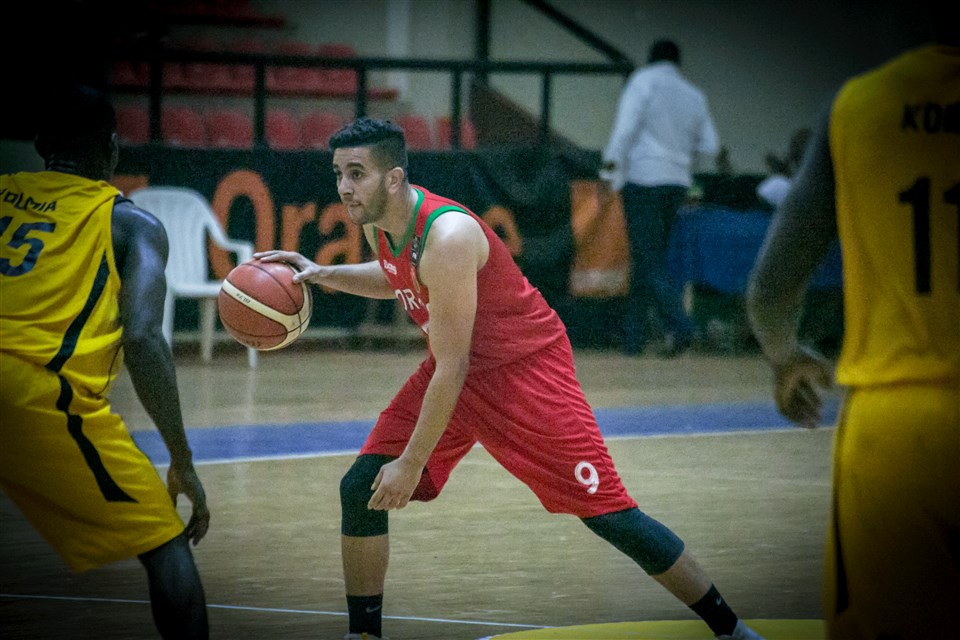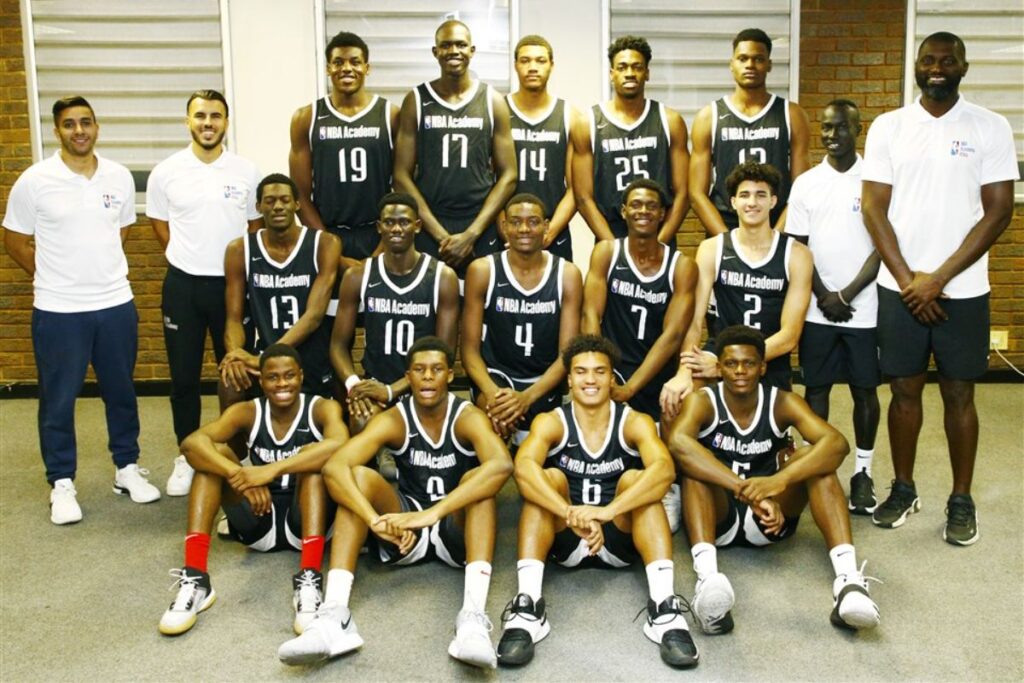Karim Nesba had always been a man of the court. From his early days dribbling across Moroccan streets to donning the jersey of his nation, basketball coursed through his veins like an unyielding passion.
But as the years flowed by and his playing days ebbed into memory, Nesba found himself at a crossroads, grappling with the weight of his regrets yet buoyed by the prospect of redemption in a new guise – that of a coach.
At 37, an age where many athletes still find themselves immersed in the fray of competition, Nesba opted for a different path. Reflecting on his decision to hang up his sneakers, he chuckled at the notion of feeling young, though his laughter belied the sincerity of his intentions.
For him, stepping away from the court wasn’t a concession to age but rather a deliberate choice to give back to the game that had shaped him.
With the onset of the Covid-19 lockdowns, Nesba saw an opportunity amidst the chaos. It was a time of pause, a chance to pivot from player to mentor, from chasing glory to nurturing it in others.

As he swapped his playing attire for the coach’s clipboard, Nesba embarked on a journey of introspection, acknowledging the myriad regrets that lingered from his days on the hardwood.
“I have many regrets,” he confessed, his words tinged with a hint of ruefulness. “Instances where I could have made better decisions, especially at an early age.” Yet, rather than allowing these regrets to weigh him down, Nesba found solace in the realization that his past missteps served as beacons guiding his coaching journey.
His tenure as a player had been adorned with accolades and adorned with the pride of representing his country on the international stage. But beneath the veneer of success lay a yearning for more, a sense of unfinished business that gnawed at Nesba’s soul.
It was this gnawing hunger that fueled his transition from player to coach, a quest to rectify the perceived shortcomings of his past through the empowerment of others.
Drawing from a rich tapestry of experiences spanning continents and cultures, Nesba infused his coaching philosophy with a nuanced understanding of the game.
From the dusty courts of Morocco to the hallowed halls of Auburn University, he had imbibed lessons that transcended the confines of the court, lessons he was now eager to impart to the next generation of hoop dreamers.
His stint at the NBA Academy served as a crucible wherein raw talent was forged into polished prowess, and Nesba reveled in the opportunity to shape the destinies of young athletes like Khaman Maluach, Ulrich Chomche, and Seifeldein Hendawy.

As they embarked on their respective journeys, Nesba found himself not just a coach but a mentor, a guiding light illuminating the path to greatness.
Now, as he stood at the helm of the City Oilers, poised to lead them into battle in the Basketball Africa League, Nesba’s gaze was fixed firmly on the horizon. The Nile Conference loomed large, a crucible wherein dreams would be tested and legacies forged in the crucible of competition.
“We will have to leave it all on the floor every time we compete,” Nesba declared, his voice resonating with a quiet resolve. For him, coaching was not merely a profession but a calling, a chance to rewrite the script of his past through the triumphs of those he mentored.
As the final buzzer sounded and the echoes of victory faded into the night, Nesba knew that his regrets as a player had paved the way for his redemption as a coach, transforming him from a mere participant into a purveyor of basketball’s timeless wisdom.
Photo: FIBA
